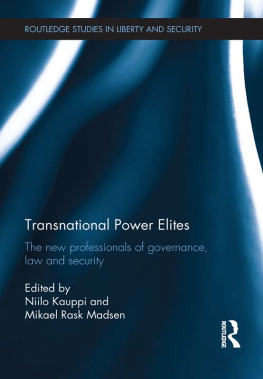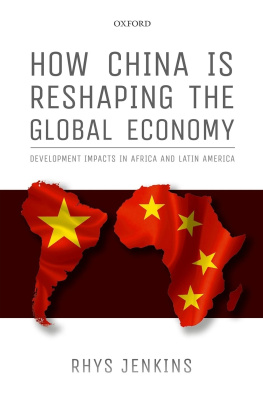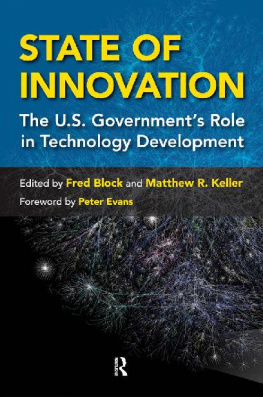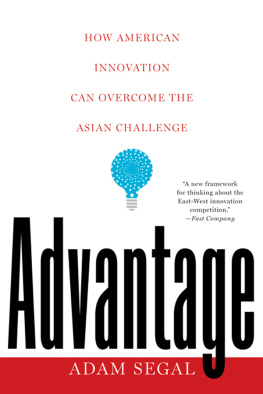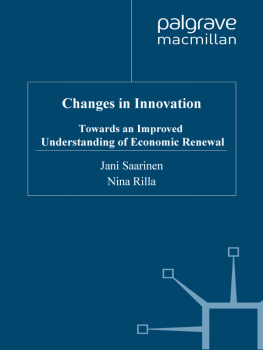Vijay V. Vaitheeswaran - Need, Speed, and Greed: How the New Rules of Innovation Can Transform Businesses, Propel Nations to Greatness, and Tame the Worlds Most Wicked Problems
Here you can read online Vijay V. Vaitheeswaran - Need, Speed, and Greed: How the New Rules of Innovation Can Transform Businesses, Propel Nations to Greatness, and Tame the Worlds Most Wicked Problems full text of the book (entire story) in english for free. Download pdf and epub, get meaning, cover and reviews about this ebook. year: 2012, publisher: HarperBusiness, genre: Politics. Description of the work, (preface) as well as reviews are available. Best literature library LitArk.com created for fans of good reading and offers a wide selection of genres:
Romance novel
Science fiction
Adventure
Detective
Science
History
Home and family
Prose
Art
Politics
Computer
Non-fiction
Religion
Business
Children
Humor
Choose a favorite category and find really read worthwhile books. Enjoy immersion in the world of imagination, feel the emotions of the characters or learn something new for yourself, make an fascinating discovery.
- Book:Need, Speed, and Greed: How the New Rules of Innovation Can Transform Businesses, Propel Nations to Greatness, and Tame the Worlds Most Wicked Problems
- Author:
- Publisher:HarperBusiness
- Genre:
- Year:2012
- Rating:5 / 5
- Favourites:Add to favourites
- Your mark:
Need, Speed, and Greed: How the New Rules of Innovation Can Transform Businesses, Propel Nations to Greatness, and Tame the Worlds Most Wicked Problems: summary, description and annotation
We offer to read an annotation, description, summary or preface (depends on what the author of the book "Need, Speed, and Greed: How the New Rules of Innovation Can Transform Businesses, Propel Nations to Greatness, and Tame the Worlds Most Wicked Problems" wrote himself). If you haven't found the necessary information about the book — write in the comments, we will try to find it.
Over the past few decades, globalization and Googlization have kicked off the first phase of an innovation revolution more profound and more powerful than any economic force since the arrival of Europeans on North American shores half a millennium ago. These developments have brought us such advances as the Web, social networking, 24/7 connectivity, and global markets.
But the benefits of all this progress have not been shared fairly among all. It is true that the elites of Mumbai are closer today to the elites of Manhattan than they were two decades ago, but what about Kansas? The hard-working salarymen of the developed world are not getting wealthier, but the economic elites who have mastered the new rules of global innovation are. Even as rural women in Africa and Asia have seen their lives transformed by mobile phones and the Internet, the middle classes and blue-collar workers in prosperous countries everywhere have been squeezed by the new global realities. And as the first phase of the innovation revolution gives way to a much greater transformation, America and other rich societies must find a path to inclusive growth or else risk being left behind by history.
All this leads to the central political and economic question of our age: How can the extraordinary benefits of the innovation revolution be shared more equitably among all of society? In Need, Speed, and Greed, global correspondent for the Economist Vijay V. Vaitheeswaran answers that question, offering the essential insiders guide to this new world of innovation. Drawing on the best of the academic and field work in this emerging area, Need, Speed, and Greed inspires and empowers readers to improve their lives, their work, and perhaps even the world.
Vijay V. Vaitheeswaran: author's other books
Who wrote Need, Speed, and Greed: How the New Rules of Innovation Can Transform Businesses, Propel Nations to Greatness, and Tame the Worlds Most Wicked Problems? Find out the surname, the name of the author of the book and a list of all author's works by series.



